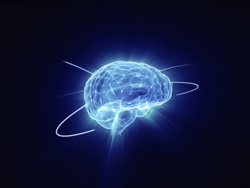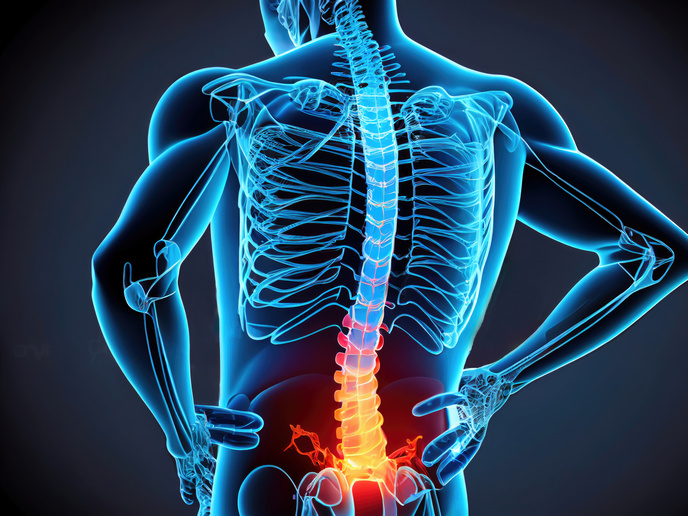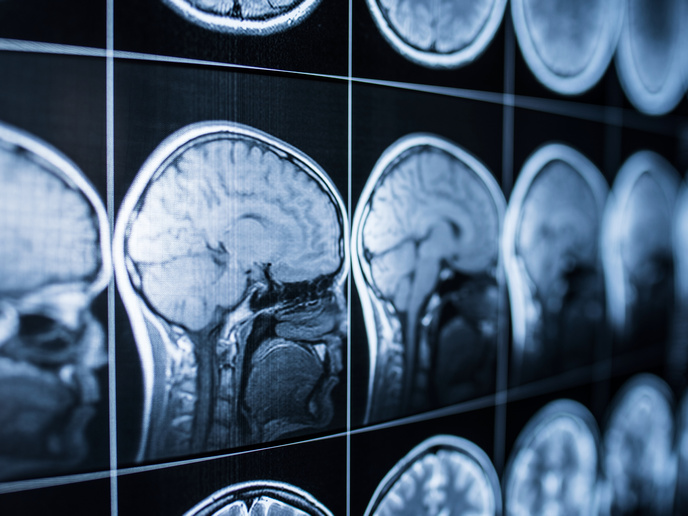Restoring brain function through plasticity
Various brain diseases cause damage to the circuitry of the nervous system with concomitant loss of connections, axons and neurons. This could be gradual as in the case of Alzheimer's disease or rapid as in the case of stroke. The emerging belief is that regardless of the disease, promoting plasticity in certain parts of the brain is the only way forward to regain neurological function. The EU-funded 'Promotion of plasticity as a treatment for neurodegenerative conditions' (PLASTICISE) project was based on this concept of neuronal plasticity to compensate for observed neuronal loss. The overall hypothesis was that restoration of the function in neurodegeneration can be achieved through the formation of new functional synaptic connections. A significant part of the work was devoted to enhancing understanding at the molecular level of the synaptic changes that occur during brain damage recovery. This was facilitated by novel brain imaging tools in animal models of Alzheimer's disease and stroke. Based on this information and on existing modalities (anti-NogoA, chondroitinase and inosine), researchers developed more efficacious treatments for promoting plasticity. The discovery of peri-neuronal net structures around neurons that turn off plasticity in adulthood was a significant finding. Enzymatic removal of these structures was shown to restore plasticity in adult animals. At the clinical level, novel structural and functional imaging methods were developed for screening neuronal plasticity and visualising the efficacy of various plasticity-modulating treatments. Transcranial direct current stimulation and magnetic stimulation were among the interventions tested in clinical trials. Taken together, the work by the PLASTICISE consortium provided invaluable information regarding the developmental process of plasticity and how it could be modulated to treat neurodegeneration. Given the detrimental impact of neurodegenerative disorders on sufferers, their families and society as a whole, the outcome of the study is a promising step towards restoring patient health.







